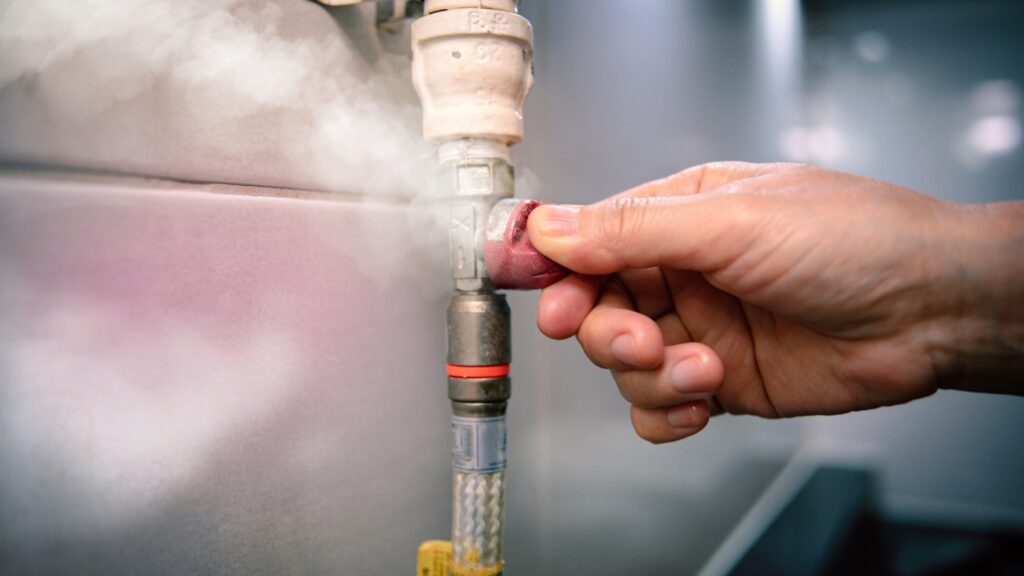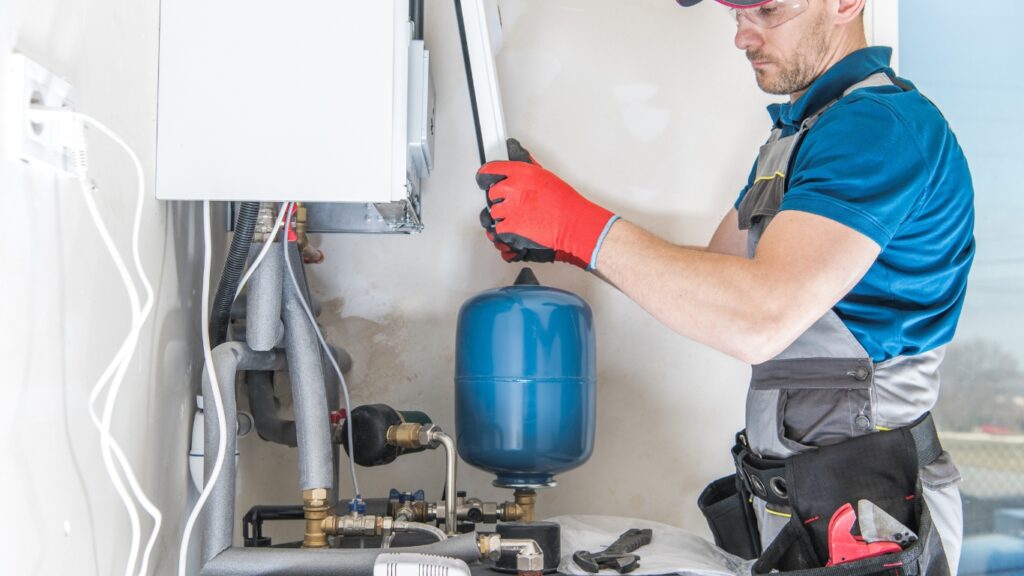Understanding Oil Rig Accidents
Oil rig accidents are a significant concern for workers, as oil production is a high-risk industry involving complex operations. Incidents involving explosions, equipment malfunctions, and other hazards are unfortunately common. These accidents often result in severe injuries, sometimes with life-altering consequences.
For workers injured on the job, navigating the aftermath can be a daunting task. From dealing with employers to insurance companies, securing rightful compensation is challenging without proper legal representation. This is where an experienced oil rig accident attorney becomes essential. An attorney can help you understand your rights, represent your interests in negotiations, and take legal action if necessary. This article covers why hiring an oil rig accident attorney is critical, the common causes of accidents, and how to seek the compensation you deserve.
Why You Need an Oil Rig Accident Attorney
The Importance of Hiring an Oil Rig Accident Attorney
Oil Rig Accident Complexity and Why a Lawyer Is Necessary
Oil rig accidents involve a complex web of regulations, company policies, and multiple parties who may be liable. The laws governing offshore and onshore drilling are intricate, making it difficult for victims to handle claims on their own. A specialized oil rig accident attorney understands these regulations, including how federal and state laws apply to accidents, and can build a strong case to fight for just compensation.
Protecting Your Rights in an Oil Rig Accident
Beyond the complexities of the legal system, an oil rig accident attorney also plays a key role in protecting workers’ rights. Many times, companies may try to limit their liability by denying claims or minimizing payouts. A knowledgeable lawyer can protect you against these tactics and ensure that you are adequately compensated for medical bills, lost wages, and any other damages resulting from the accident.

Common Causes of Oil Rig Accidents
Oil rigs rely on heavy machinery and intricate systems to operate effectively. Equipment malfunction is a leading cause of accidents, often resulting from insufficient maintenance or poor-quality machinery. When equipment fails, it can lead to catastrophic accidents, putting workers’ lives in jeopardy.
Negligence of Oil Companies and Supervisors
Negligence from employers, supervisors, or fellow workers is another significant contributor to oil rig accidents. Inadequate training, improper safety protocols, or negligence in hazard reporting can quickly lead to disastrous outcomes. An oil rig accident attorney can help determine if negligence played a role in the incident and hold the responsible parties accountable.
Dangerous Work Environment
The environment of oil rigs is inherently hazardous, with risks of fire, explosions, and falls. Despite safety standards, many rigs fail to provide adequate protection or emergency plans. Accidents that occur because of unsafe conditions require immediate legal action to ensure employers adhere to safety regulations, protecting future workers from similar harm.
Types of Injuries Sustained in Oil Rig Accidents
Common Injuries Requiring Legal Assistance from an Oil Rig Accident Attorney
Explosions are not uncommon on oil rigs, often resulting in severe burns that can require extensive medical treatment. These injuries are often debilitating, leading to high medical expenses and extended recovery periods.
Head Trauma and Spinal Cord Injuries
Falls and collisions are prevalent on oil rigs, causing head trauma or spinal injuries. These injuries can lead to long-term disabilities or permanent impairment, drastically affecting a victim’s quality of life. Consulting an oil rig accident attorney ensures you receive compensation that accounts for the lifelong impact of these injuries.
Long-Term Health Complications and Disability
Exposure to hazardous chemicals can result in respiratory illnesses and other chronic health issues. Victims deserve compensation not only for immediate injuries but also for ongoing health issues resulting from unsafe conditions.

Legal Rights of Oil Rig Workers
Oil Rig Workers’ Legal Rights and Compensation
Workers’ Compensation vs. Litigation in Oil Rig Accidents
Workers injured on oil rigs may be entitled to workers’ compensation, but this may not always cover all the expenses. Workers’ compensation can cover medical bills and lost wages, but in some situations, litigation may be necessary to secure full compensation. An oil rig accident attorney will determine whether a lawsuit is warranted in addition to or instead of workers’ compensation.
How an Oil Rig Accident Attorney Can Help Secure Compensation
An experienced lawyer can help workers navigate these legal waters, especially if employer negligence or a third-party contractor is involved. Attorneys can help victims understand their rights and seek compensation that takes into account future expenses, pain, and suffering, rather than settling for minimal payouts from insurance companies.
Choosing the Right Oil Rig Accident Attorney
Key Qualities to Look for in an Attorney
When choosing an oil rig accident attorney, it’s essential to look for qualities such as experience in handling similar cases, strong negotiation skills, and a commitment to client rights. Finding an attorney familiar with the local legal system is crucial, as expertise can significantly impact the case outcome.
Experience in Oil Rig Litigation Cases
Look for attorneys with specific experience in oil rig litigation. These lawyers understand the nuances of the oil and gas industry, including the relevant laws and the tactics that employers and insurance companies might use to limit compensation.
Steps to Take After an Oil Rig Accident
Immediate Steps to Take After an Oil Rig Accident
Seek Medical Attention First
The first and most important step after an oil rig accident is to seek immediate medical attention. Even if injuries seem minor, it is crucial to get a full medical evaluation to document any damage and prevent future complications. Medical records will also play a key role in building a strong case for compensation, as they serve as critical evidence of the injuries sustained during the incident.
Gather Evidence and Witness Information
After ensuring medical needs are addressed, the next step is to gather as much evidence as possible. This includes taking photographs of the accident scene, collecting contact information from any witnesses, and keeping records of any communication with your employer or insurance company. Evidence gathered at this stage can make a significant difference in the success of your case, as it provides concrete proof of the conditions that led to the accident.
Contact an Oil Rig Accident Attorney for a Case Evaluation
Finally, contact an experienced oil rig accident attorney as soon as possible. A lawyer will help evaluate the specifics of your case and guide you through the legal process, ensuring that your rights are protected from the very beginning. The earlier an attorney is involved, the better your chances of receiving full compensation, as they can take immediate steps to secure all relevant information and documentation.

Frequently Asked Questions about Oil Rig Accidents
What Is the Average Settlement for an Oil Rig Accident?
The average settlement for an oil rig accident can vary significantly based on the severity of the injuries, the extent of negligence, and other factors. Settlements may range from tens of thousands to millions of dollars. Consulting with an oil rig accident attorney will provide you with an estimate based on the specifics of your case, including compensation for medical bills, lost wages, and pain and suffering.
How Long Does It Take to Resolve an Oil Rig Accident Case?
The timeline for resolving an oil rig accident case can vary depending on the complexity of the situation and whether the case is settled out of court or requires litigation. Cases that reach a settlement may be resolved within several months, while those that go to trial could take a year or more. An experienced attorney will help expedite the process by efficiently managing all necessary paperwork and negotiations.
Do I Have to Pay an Oil Rig Accident Lawyer Upfront?
Most oil rig accident attorneys operate on a contingency fee basis, meaning you do not have to pay any upfront fees. Instead, they will take a percentage of the settlement once compensation is secured. This ensures that victims can access high-quality legal representation without worrying about financial barriers, and attorneys are motivated to achieve the best possible outcome for their clients.
What If My Employer Denies Responsibility for the Accident?
If your employer denies responsibility for the accident, it is essential to consult with an oil rig accident attorney immediately. Employers often attempt to avoid liability to reduce their costs. A lawyer will investigate the circumstances of the accident, gather evidence, and hold the responsible parties accountable, ensuring that you are not left without the compensation you deserve.
Can I File a Lawsuit If I Am Partially At Fault?
Yes, you may still be able to file a lawsuit even if you are partially at fault for the accident. Many jurisdictions follow a modified comparative negligence rule, which means you can recover compensation as long as you are not more than 50% at fault. However, your compensation will be reduced by your percentage of fault. An experienced attorney can help evaluate your level of liability and build a strong case.
Getting the Right Legal Representation
Secure Your Rights with a Trusted Oil Rig Accident Attorney
Oil rig accidents are among the most dangerous incidents that workers can face, often leading to severe injuries and financial hardship. Seeking assistance from an experienced oil rig accident attorney is the best way to protect your rights and ensure you receive fair compensation for your losses. Whether dealing with workers’ compensation or pursuing litigation against a negligent party, having a skilled attorney by your side will make all the difference.